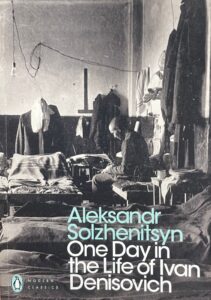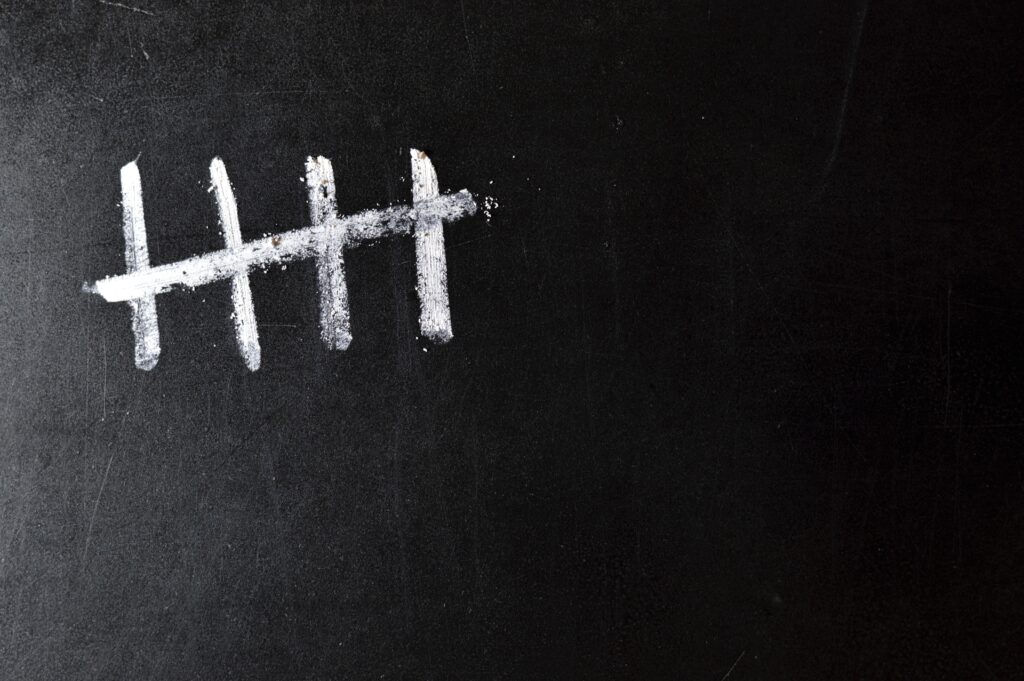One Day in the Life of Ivan Denisovich is a fictional book by Aleksandr Solzhenitsyn describing people’s living conditions in Soviet labour camps.
The book’s publishing in 1961 displayed the hidden evils of a corrupt system and state. Because of this, the book was banned while turning the state against Aleksandr Solzhenitsyn and his fellow people.
And even though this book is a work of fiction, it reveals the truth about the degradation of humanity. Secondly, the book highlights survival issues in the camps without significant resources. Also, the relationship of prisoners with one another and their respective leaders is a theme of the book.

The struggles of Aleksandr Solzhenitsyn as one of the most extensive critiques of the Soviet empire comprises in the book. Lastly, the most critical factors that make this book a unique but familiar story of 20th-century Russia are given below.
Briefing Ivan Denisovich’s Journey
Ivan Denisovich’s journey from a Soviet servant to a prisoner is similar to thousands of stories. Since, under the false premise of labelling as a spy by Soviet authorities, Denisovich was sent to the labour camps. On top of that, he was utterly innocent, which makes the tale more horrific as most people were the same. So, on being an active member of prison life, Ivan’s struggle to live and thrive is not only challenging but his only option.
- An innocent prisoner
- Convicted of being a spy
- Endless struggles of a labour camp
- Surviving and working are the two options
- Making it home is the ultimate prize.
The Body is no Match for the Cold.
The cold and chilling conditions of the Soviet labour camp make the scene more horrific and bold. As Soviet guards even struggled to breathe in such a cold, the prisoners were expected to work in such conditions.
Cold is one the biggest enemy of prisoners as it’s nearly impossible to work in minus degrees for the entirety of the day. On top of that, no breaks were allowed between the long shifts. The only way to rest was to work until the end of the day, hoping for a good night’s sleep.
Snowstorms are the only time for the happiness of the prisoners. Since during cold storms, inmates can escape so; the authorities abandoned the outside works, and the visibility of the outside depletes, making it harder to monitor the working people.
No Sympathy From Anyone, Anywhere
There is no sympathy from anyone for any prisoner in the life of Ivan Denisovihc. Everyone did their jobs to receive their resources from the authorities. In addition, the incapabilities of an individual to keep up with their work can induce angry reactions among others.
Because everyone worked as a team, the failure of a single individual impacted the whole squad. So, everyone had to do their jobs without any excuses to get paid at the end of the day. Lastly, the relations of prisoners with one another depended on favours and nothing else.
Everyone convicted of the camp strived for themselves and looked after their stuff and life.
Team Leaders: Your Supporters to Failures
Every team had a leader that set goals and tasks for the individuals. But the word leader only was a figment of imagination as team leaders were the worst. It’s because they wanted to see people fail at their jobs so that they could punish them. That’s why prisoners didn’t celebrate the idea of people looking at their jobs. Moreover, several people, including Ivan Denisovich’s companions, were punished for small matters with their health and food.
Save Resources or Deplete Yourself
The limited supply of food and resources made it difficult to maintain livable health in the Soviet camps. On top of that, a prisoner also needs to feed his horses to assist with their tasks. Because of this, people need to choose between saving resources while being hungry for the rest of the day.
Many people chose the latter and paid the price with their lives several times. However, since such conditions became a lifestyle of the camp prisoners, it is not wrong to say that everyone developed a routine.
Time: One Day Seems Like Eternity in the Life of Ivan Denisovich
There was nothing much to the day in the life of prisoners as the work was already distributed among the prisoners, so everyone knew their whereabouts. But the significant issues do not consist of the routine of the day.
The primary issue was the passage of time in the camp. Since a person knows about the day, the years do not seem to end. The years of sentences of the people seem like an eternity, and there is no escape other than facing your time.
Home: The Ultimate Prize
So what does the book, ‘One Day in the Life of Ivan Denisovvich’ implies? And the answer to this question is that everyone in camp longed for home.
Denisovich’s ultimate prize is home, where he’ll find his peace and freedom. The value of ordinary things like home and essential resources are innate to human cervical, and the book consistently explores those.
One Day in the Life Of Ivan Denisovich: One Generation Away.
The value of freedom is genuinely undermined today. While most people are busy arguing about useless matters, keeping our minds oriented and standing for the truth is essential.
Whatever happened in the Soviet Union was not only evil but the absence of truth and values in the people’s hearts. So, respecting our freedom while striving towards the ultimate good is essential. Because sooner or later, we’ll be on the other hands of the prison walls.
Some Great Lines from the Book
Conclusion
One Day in the Life of Ivan Denisovich is a fictional book by Aleksandr Solzhenitsyn describing people’s living conditions in Soviet labour camps. It highlights survival issues, the relationship of prisoners with one another and their respective leaders, and the struggles of Aleksandr Solzhenitsyn as one of the most extensive critiques of the Soviet empire.
Ivan Denisovich’s life was characterised by a lack of sympathy between prisoners, respect for team leaders, and a choice between saving resources or depleting themselves. Instead, the book explores the value of ordinary things like home and essential resources and the importance of respecting freedom while striving for the ultimate good.


awesome content bro🙏keep it up🙏🔥